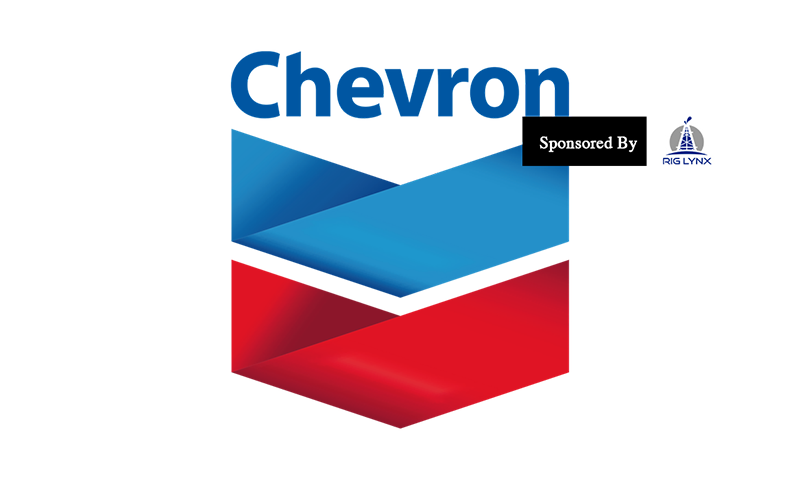
JAKARTA, Indonesia—This country’s election season is spelling trouble for foreign resource companies, with Chevron Corp. the latest to lose prized assets to a state company.
Indonesia is in the midst of a politically popular drive to gain greater stakes in its natural resources, often by declining to grant extensions to foreign companies that have operated projects for decades. That’s in line with a global trend of state companies squeezing private players to take a greater share of wealth from mining and oil projects.
The announcement this week that Pertamina, Indonesia’s state-owned oil-and-gas company, will assume control of one of the country’s largest sources of crude oil when Chevron’s contract expires in 2021 is the latest turnover.
Earlier this year, Pertamina took over the country’s largest natural-gas project when a contract held by Total SA of France and Inpex Corp. of Japan expired, while last month, officials announced a tentative multibillion-dollar plan to buy majority control of Grasberg, the world’s second-largest copper mine, run since its discovery in the 1980s by Arizona-based Freeport-McMoRan Inc.
President Joko Widodo wrote on his Instagram account Thursday that the takeover of Chevron’s operation would put Pertamina “in the same league as the world’s top oil companies, with 60% of national oil and gas production by 2021.â€
Indonesians head to the polls next April with Mr. Widodo seeking a second five-year term. Taking back control of foreign-held assets is adding to his appeal while shielding him from possible criticism as campaigning begins, political analysts say. Some of the president’s opponents have signaled that a theme of the campaign year will be foreign control of the trillion-dollar economy.
In a speech in March, Prabowo Subianto, a former general likely to square off against Mr. Widodo, pushed a populist message and warned against Indonesia’s wealth being moved overseas by elites. One of his political party’s leaders has attacked Mr. Widodo for signing a regulation easing procedural hurdles for foreign workers.
“This development is very much in line with our expectation that economic nationalism, particularly in the natural resources sector, would rise on the back of growing Muslim populism and ahead of next year’s presidential election,†said Peter Mumford of global political risk consultancy Eurasia Group, of the takeover of Chevron’s fields.
Chevron said in a statement that it was “disappointed to hear the news.†(continued on page 2)
Check out our other current stories, we dare you…
- In Canada heavy is out light is in with some cutbacks
- 8.1 Million tons of crude left Brazil in July
- Concho tallies up new projects and rigs after RSP purchase!
<
The U.S. oil major had sought a 20-year extension at Rokan—a scattering of challenging oil fields the company has run on the island of Sumatra since 1971. But as expiring oil-gas contracts in Indonesia go to tender, Pertamina has been winning the biggest ones. Indonesia’s energy ministry said Pertamina won the contract by beating Chevron’s offer. Pertamina promised to double production at the aging field while investing billions of dollars a year. It also promised a $784 million signing bonus.
“The Rokan decision looks to be a case of 50% economics and 50% politics,†said Hugo Brennan, Asia politics analyst with risk consultancy Verisk Maplecroft. “Pertamina tabled a more financially attractive bid, but then the government has made clear its desire for the national oil company to take over expiring†contracts.
That policy direction extends to control of Grasberg, whose copper and gold production gives the government hundreds of millions of dollars in taxes and royalties each year. Politicians have long sought a better deal, arguing that Freeport got unreasonably favorable terms in the era of former dictator Suharto.
Now, with a tentative deal for majority government control, questions abound about how Indonesia will afford a stake and the billions of dollars in investment the mine requires in the coming years. The government says it has access to financing that will make the deal possible.
More oil and gas projects held by foreigners will expire in the coming years, and Pertamina is likely to get the most strategic ones, says Johan Utama, Southeast Asia analyst with Wood Mackenzie.
Check out our other current stories, we dare you…


